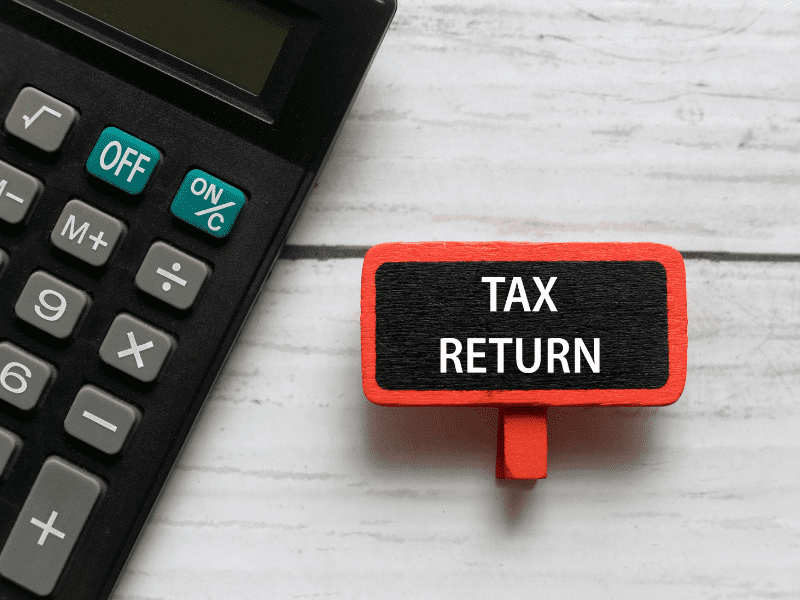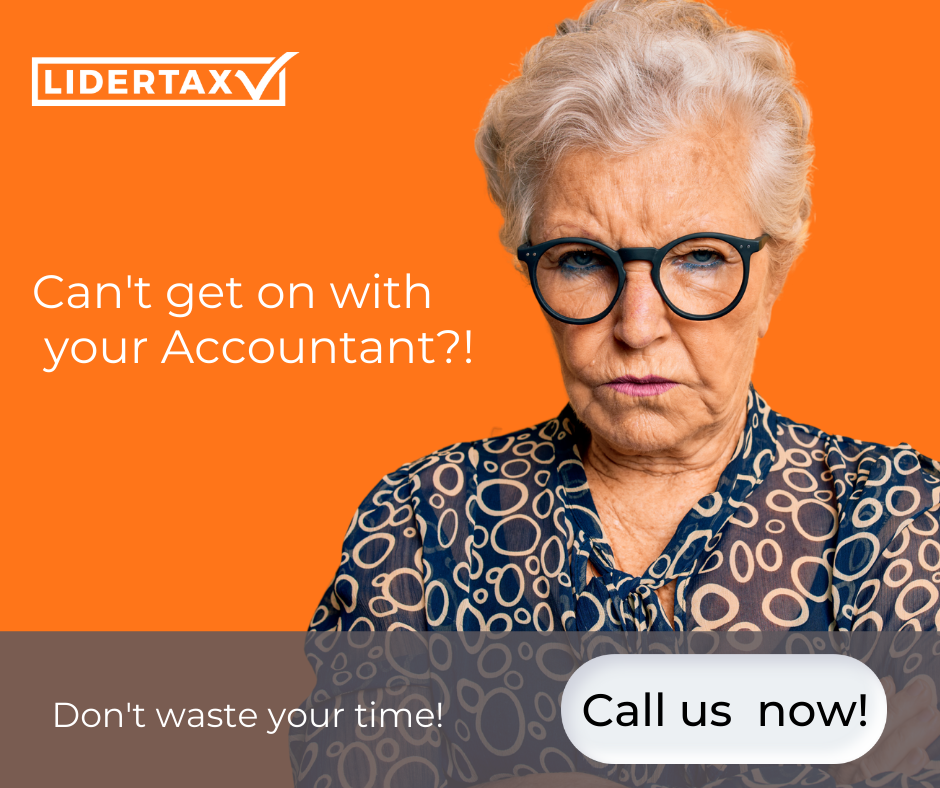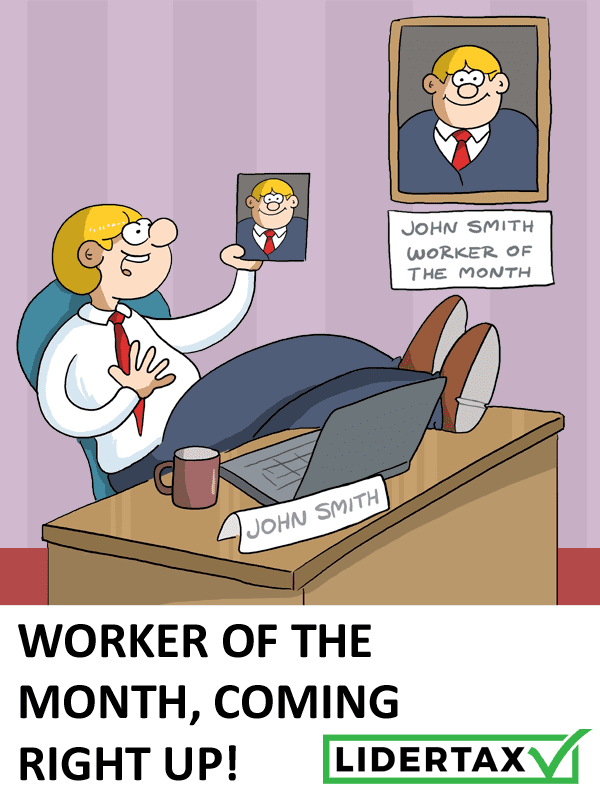
Filing self-assessment tax returns can sometimes seem like a challenge, but this shouldn’t have to leave you feeling stuck. With this thought in mind, we’re looking at some of the key features of self-assessment tax returns. And, critically, we’ll see whether you should get support from an “accountant near me” to help with this.
Do I Need an Accountant Near Me to Do My Self-Assessment Tax Returns?
Are you a self-employed business owner, or do contracting work? If so, you’ll need to consider whether you should get a local accountant near you to help with your self-assessment. Indeed, it’s not technically a requirement to get an accountant to do your returns, but it can make a massive difference. And let’s face it – trying to do tax returns alone can be a major nuisance.
Who Needs to Complete a Self-Assessment?
A self-assessment tax return is generally completed to pay tax on any income that’s not had tax deducted at the source. Taxes will be taken out of the pay-check in a normal employed position. Thus, anyone who is an employed worker only won’t usually need to complete a self-assessment.
But what about someone who has an income that’s not derived from employed work? In this case, there’s a good chance that you will need to complete a self-assessment tax return. Most often, this will include the following individuals and scenarios.
- Self-employed: If you work for yourself as a sole trader or partner, you’ll typically need to complete a self-assessment tax return. Some common examples include individuals who have income from freelancing, consulting, or running a small local business.
- Company directors: Directors for limited companies and non-profit organisations will often need to complete a self-assessment tax return.
- High earners: One common mistake people make is assuming that all employed income doesn’t need self-assessment. Those making over £100,000 annually from employed work may still need to complete a tax return. The value of this cut-off point may be less if the person also receives child benefit (usually around £50,000).
- Landlords: People who own properties and earn an income from them will usually need to complete self-assessments. This applies both to individuals with rental units and those who provide short-term rentals (e.g., AirBnB properties).
These are just a few of the most common examples of individuals who need to complete self-assessments. However, there are others, such as people who have multiple sources of income or those who have capital gains.
When Are the Deadlines to Complete a Self-Assessment?
You’ll need to meet certain deadlines when completing a self-assessment. This can place a significant level of pressure on you if you decide to do your own accounting; thus, if you’re not sure you can meet the deadlines, it may be better to hire an accountant.
Generally speaking, the deadline for self-assessment will be the 31st of January for online assessments. However, if you want to submit yours on paper, it’s different. In this case, you’ll need to send it to HMRC before the 31st of October. Always allow time for them to receive your return to avoid a fine!
Penalties for Incorrectly Filed Self-Assessment Tax Returns
If you don’t get your tax return right, you might find yourself at the receiving end of numerous penalties. Taking steps to ensure everything is submitted as needed is hence integral to avoid these.
What Are the Penalties for Late Submissions?
If you submit your self-assessment tax returns late, you’ll be charged a penalty. Usually, this is a minimum £100 fine off the bat, but it increases over time. For example, if you go past six months late, this increases to a further 5% penalty. And, should you push things even longer and pay twelve months late, you’ll be looking at a total of 15% in penalties.
Evidently, this can add up to a pretty significant sum, especially if your tax bill is either high or low. Don’t take the risk; make sure you get your self-assessments in on time!
What Are the Penalties for Incorrect Submissions?
Did you know that you may also be penalised if you submit your self-assessment tax return incorrectly? Even an accidental mistake is still subject to penalties, although these are the most lenient. Usually, you’ll be charged up to 30% of your tax bill for such errors; on a tax bill of just £3,000, that equates to a whopping £900 penalty.
If the mistake is deliberate, however, the bill becomes much higher. A deliberate penalty can range between 20% and 70% of the total tax bill on top; this usually depends on the nature of the error and the severity. However, deliberate errors that have also been concealed could receive a penalty up to 100% of the tax bill. In other words, this could double the amount of tax you have to pay!
What Are the Benefits of Hiring an Accountant?
At this point, we’ve clarified that completing your self-assessment tax returns on time and accurately is crucial. But why should you hire an accountant to help with this? Well, the following points may apply here:
- Save time: Let’s face it – taking care of your business’s finances can be time-consuming. This is especially true if you’re not familiar with accounting principles. Luckily, an accountant can handle this for you, so you won’t have to worry!
- Support with financial planning: If your business’s accounts get into a difficult position, having an accountant by your side can help! As financial experts, they can provide valuable insights and advice to help you make informed financial decisions.
- Compliance: It’s so easy to make an error on your self-assessment. However, as we’ve seen, this can be very expensive. Luckily, your local accountant can help ensure that you comply with ever-changing tax laws and regulations.
- Save money: While paying an accountant can seem like a waste, this isn’t true at all. In fact, in many cases, accountant support can save money compared to expensive software and costly mistakes. So, why take the chance when you could just partner with the professionals instead?
So, don’t leave it to chance. Make sure you’ve partnered with your leading local “accountant near me” to take your business to new heights!
Final Thoughts
If you have been looking at starting your self-assessment tax returns, there’s a lot you’ll need to keep in mind. Luckily, your leading “accountant near me” can undoubtedly help with this. So, before you get caught out at the last minute struggling with your tax return, reach out to the experts. We’re here to ensure your self-assessment tax returns are completed as straightforwardly as possible!




